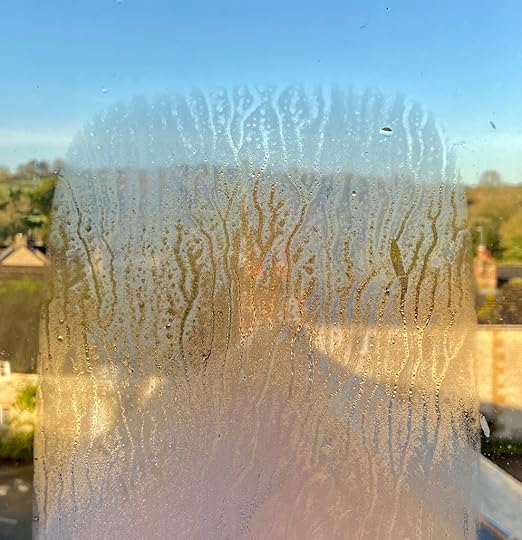Granular, Diverse, Mainstream, Messy, Normal
All of us know a family with an extraordinary story. Searching for the unusual we never have to look far. All lives, at least in moments, are unpredictable, varied and strange. For all that we can easily identify the patterns and shared experiences uniting us, much of what we see and do falls into the category of the unexpected. And the same goes for the types, the characters inhabiting our world. Real souls who would be presumed invention were they written in a book. People may loosely conform to patterns but all have foibles and eccentricities. We are not in any way perturbed by this, for all it takes is the most cursory overview to confirm that it is so.

There are many characters who, by temperament, habit, taste and experience, loosely occupy what we call the mainstream. If we were to amalgamate and average them out, we would be close to what is commonly known as normal. Perhaps this is useful, but not nearly so much as we are used to pretending. Even the most conservative will deviate in subtle ways from this convenient absolute. So, diversity is everywhere, in so granular a manner as almost to not exist.
As useful as it has been over recent years to have diversity as a lens through which to view society and culture, neurodivergence at least is a term that in certain ways might have outgrown its usefulness. I am not talking about medical distinctions and recognise fully that there may be situations that require this concept. It is the use as an every day, casual descriptor, creating distinctions in widely observable traits that, when considering the totality of human experience, might better be seen as an integral part of the mix. All of us belong in that mix.
Neurodivergence has been a helpful term for many families navigating the world and it has been a blessing that these conversations (not available in even the recent past) arrived to broaden understanding, offer support and create a context in which people can see, support and nourish themselves. This is vitally important. But why not take it further, into a more fundamental understanding and acceptance of how this human animal works?
Politics, and the culture-wars literally attempting to legislate diversity out of human life, has brought this more sharply into focus.
When I wrote Salt Lick I was in one chapter imagining, through the eyes of the main character Isolde, the complexity of a city. A city is the perfect illustration of our under-acknowledged collectivism; its complexity, the way accident and design rub up against each other in an endless inventive dance, how chance and opportunism, like weeds, fill the gaps, expanding the parameters of what that city is. No city is completely designed and laid down only in pre-determined order. Such imposition, such discipline, simply does not work when it comes to the way humans live. We design and designate, we bodge, convert, take opportunities, we benefit from chance, we make do; and it is all of these processes that create and advance human society.
We are utterly interdependent.
Much is owed to the practises and processes of those whose thinking patterns fall into the loose designation of neurotypical. And we certainly need them. But equally we need the people described as neurodivergent. So much so that it seems odd to designate these supposedly divergent ways of thinking as being something other than an equal part of the mainstream. The ones whose magpie musings may find a new pattern, the ones who get bored, can’t concentrate on routine and end up discovering new views, new ideas, the ones who say ‘what happens if I …?’ The ones with absolute focus on the unnoticed. The ones who loan out their imaginations to others too busily occupied to exercise their own.
All ways of thinking, of asking questions, of experiencing the world, usefully and beautifully add something to it. There is nothing divergent about this: it is how humans, collectively, are. The diversity of the whole is precisely what is normal, and fundamentally necessary – for all of us. Where would we be without all types of thinkers? From what are we diverging? Certainly not from being an ordinary human. There is where we all belong.



